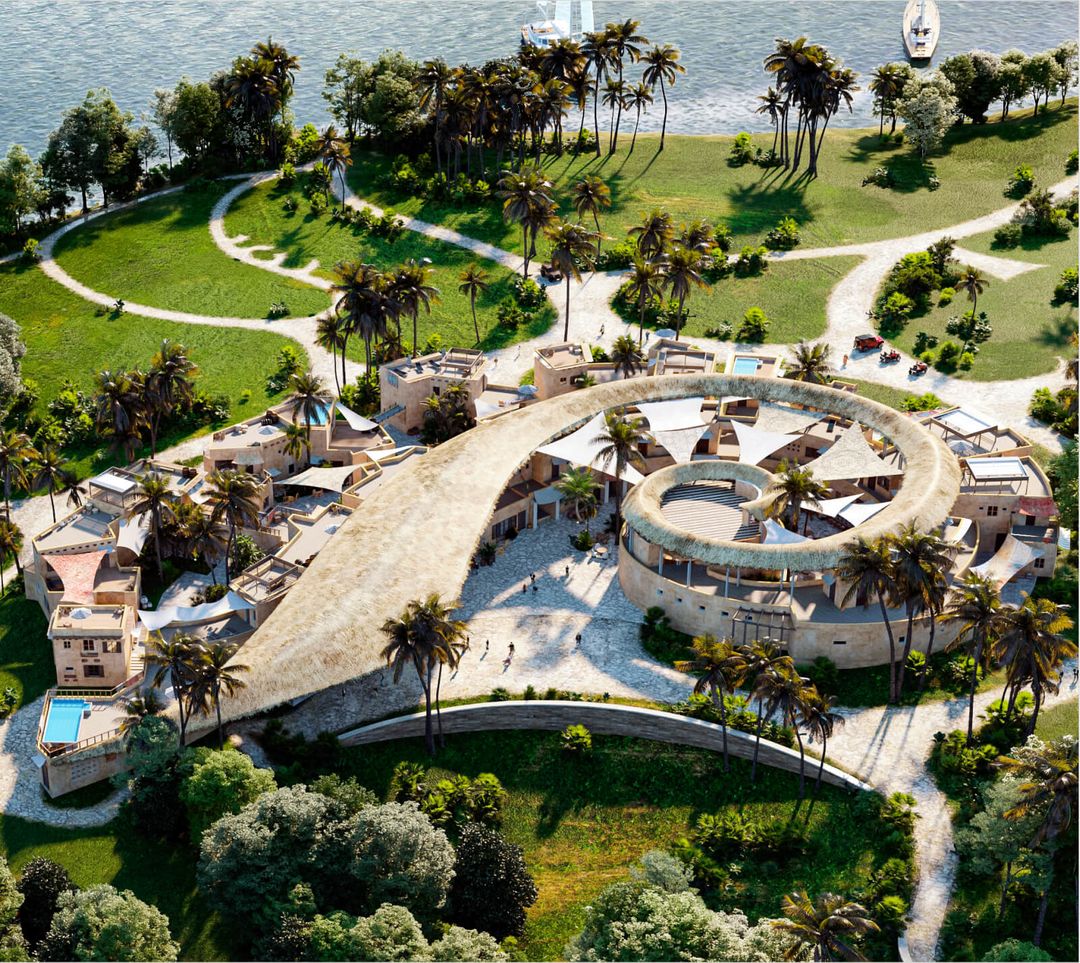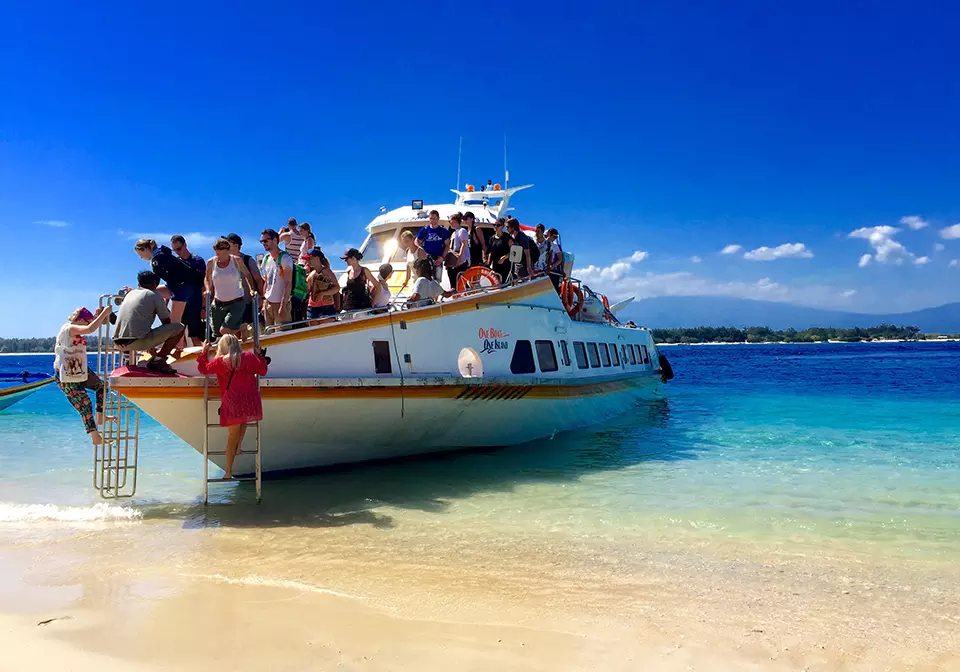The Indonesian government has introduced a revised tax rate for alcoholic beverages, effective from January 1, 2024. The decision, initiated by the Ministry of Finance, aims to address various factors contributing to the adjustment.
Director-General of Customs and Excise at the Ministry of Finance, Askolani, revealed that the rationale behind the tax increase was determined by the Fiscal Policy Agency (BKF). However, the Directorate General of Customs and Excise sees additional justifications for this decision.
Nirwala Dwi Heryanto, Director of Communication and User Guidance for Customs and Excise Services, cited several reasons for the rise in alcohol taxes. Notably, the increase is linked to the growing consumer demand for ethyl alcohol-containing beverages (MMEA).
Nirwala highlighted a 2.4 percent growth in alcohol production over the past decade. Additionally, there has been no adjustment in alcohol tax rates for the last ten years.
“The last adjustment for MMEA tax rates was in 2014 for Groups B and C and in 2019 for Group A,” clarified Nirwala.
Finance Minister Sri Mulyani Indrawati officially increased the tax rates on alcoholic beverages and concentrates containing ethyl alcohol (MMEA and KMEA) from January 1, 2024.
The adjustments were announced in Ministerial Regulation Number 160 of 2023 concerning the Tariff for Ethyl Alcohol, Beverages Containing Ethyl Alcohol, and Concentrates Containing Ethyl Alcohol.
While ethyl alcohol (EA) rates remained unchanged, the newly applied MMEA and KMEA rates are detailed as follows:
MMEA Rates:
- Group A (up to 5% alcohol content): Rp16,500 per liter (previously Rp15,000 per liter).
- Group B (above 5% up to 20% alcohol content): Rp42,500 per liter (domestic production) and Rp53,000 per liter (imported).
- Group C (above 20% up to 55% alcohol content): Rp101,000 per liter (domestic production) and Rp152,000 per liter (imported).
KMEA Rates:
- Liquid form (no specific group): Rp228,000 per liter (both domestic and imported).
- Solid form (no specific group): Rp1,000 per gram (both domestic and imported).
The increase in alcohol excise rates in Indonesia can have several impacts on the people:
- Higher Prices: The most direct impact is likely to be felt by consumers who purchase alcoholic beverages. With the rise in excise rates, the prices of alcoholic drinks may increase, affecting the affordability for consumers.
- Consumer Behavior Changes: Increased prices could lead to changes in consumer behavior, with some individuals potentially reducing their alcohol consumption due to the higher costs.
- Impact on Businesses: Businesses involved in the production, distribution, and sale of alcoholic beverages may face challenges due to the higher excise rates. This could impact profit margins and potentially lead to adjustments in marketing strategies or product offerings.
- Government Revenue: The government, on the other hand, stands to benefit from higher excise rates as it could contribute to increased revenue. This additional income can potentially be utilized for public services, infrastructure development, or other government initiatives.
- Market Dynamics: The alcohol industry may witness shifts in market dynamics as a result of the tax increase. This could include changes in consumer preferences, market competition, and overall industry performance.
The implementation of these new tax rates aims to align with current market dynamics and address the evolving landscape of alcohol consumption in the country. The adjustments are expected to contribute to revenue generation while reflecting the government’s commitment to fiscal responsibility.
Sources: Various


















Add a comment